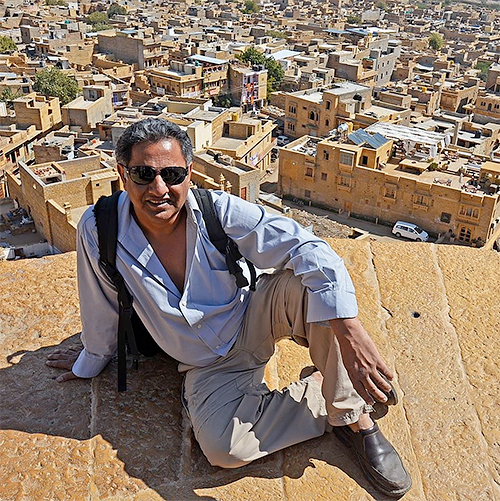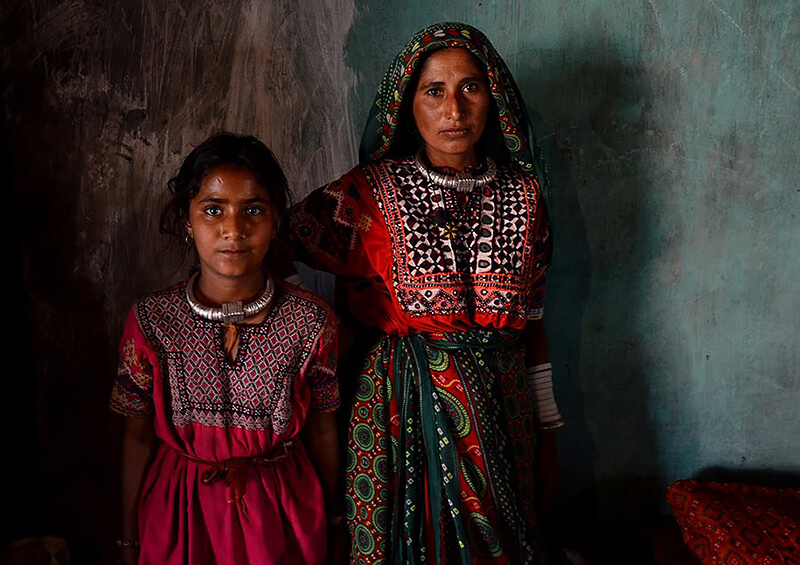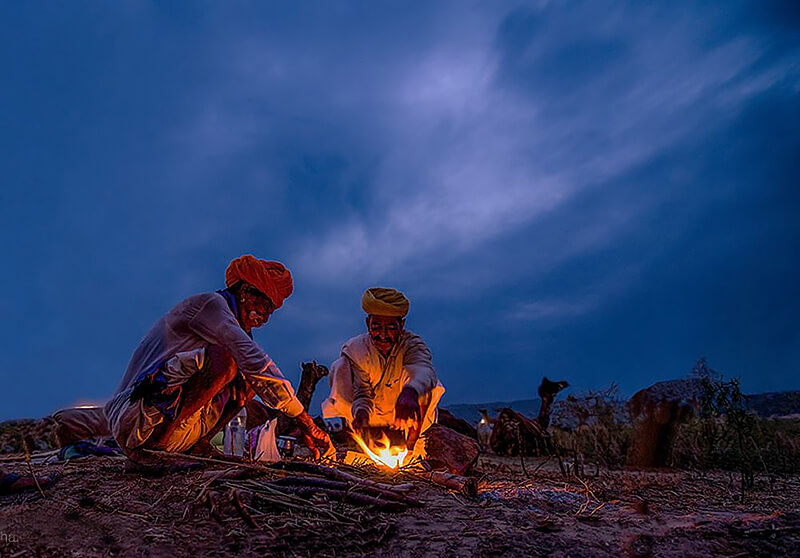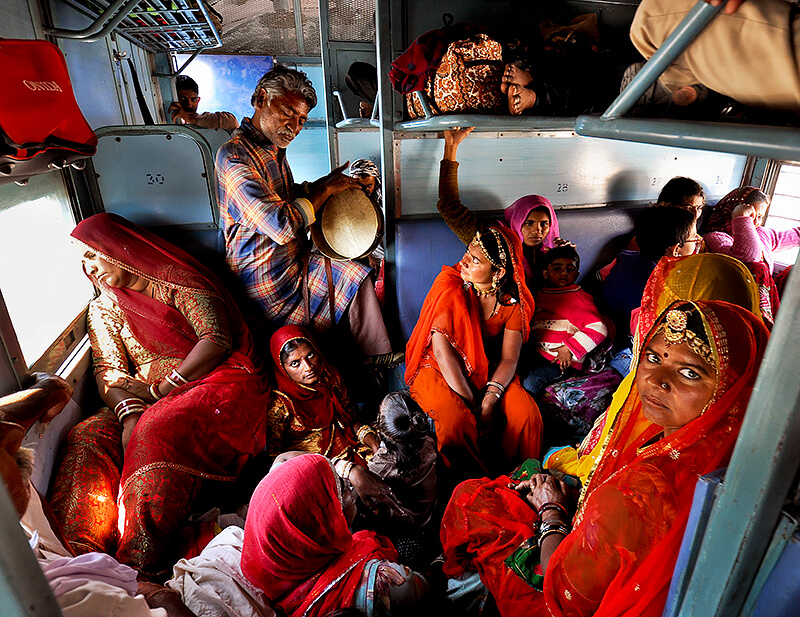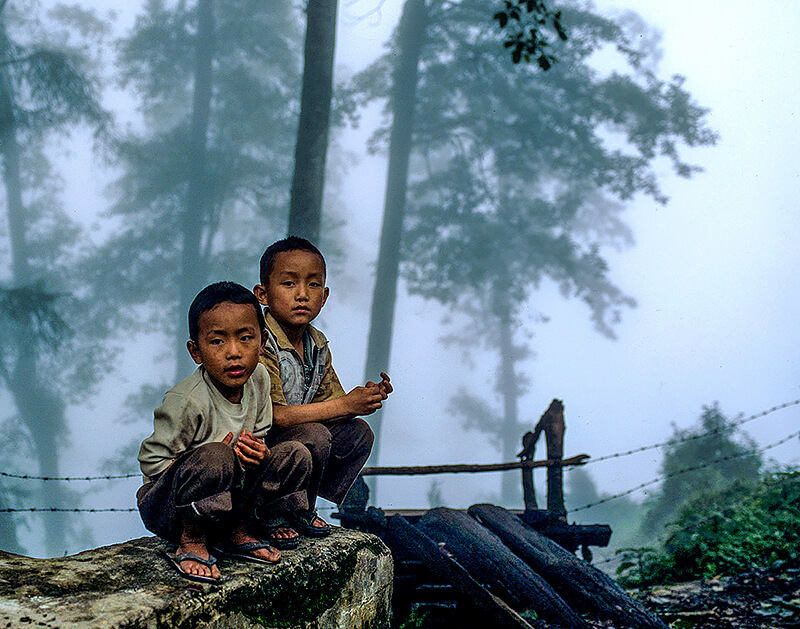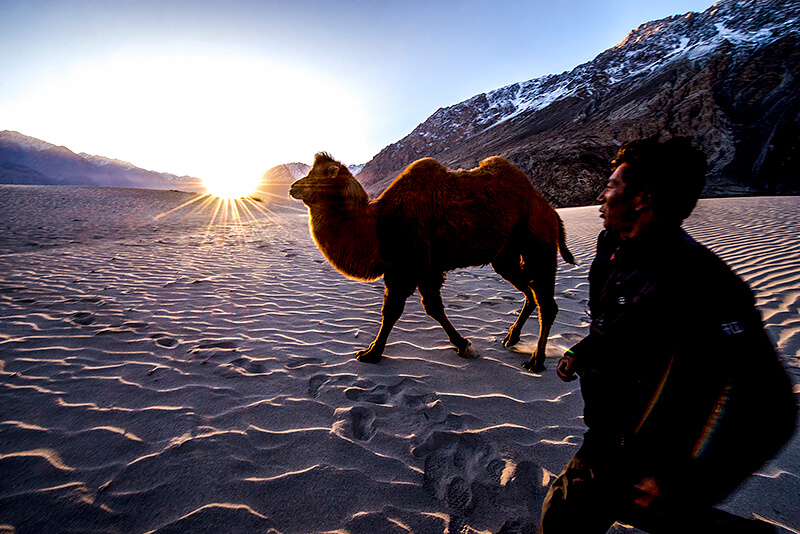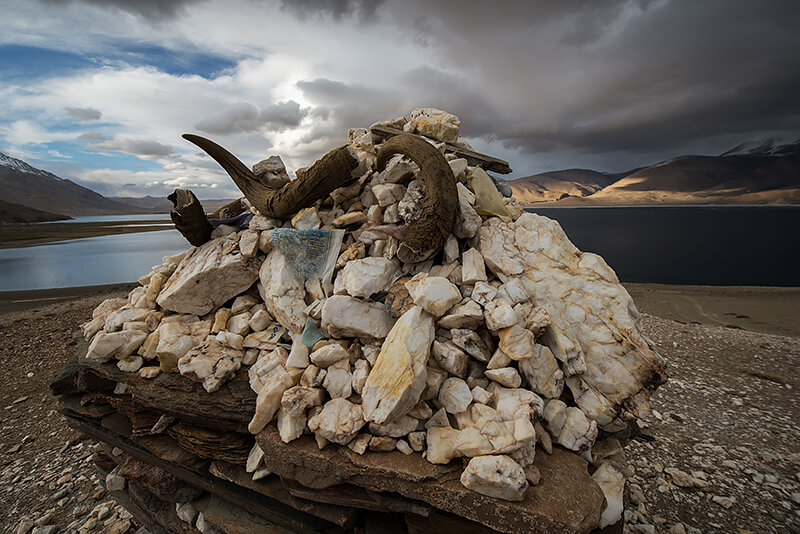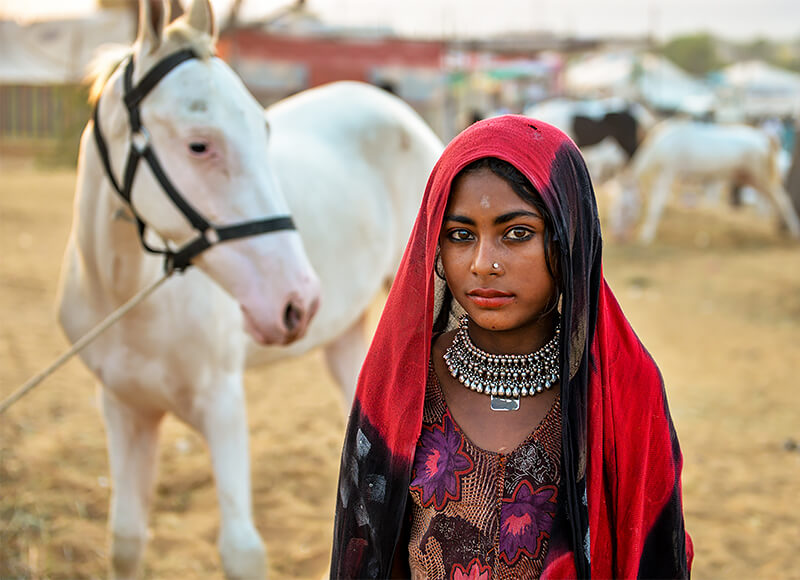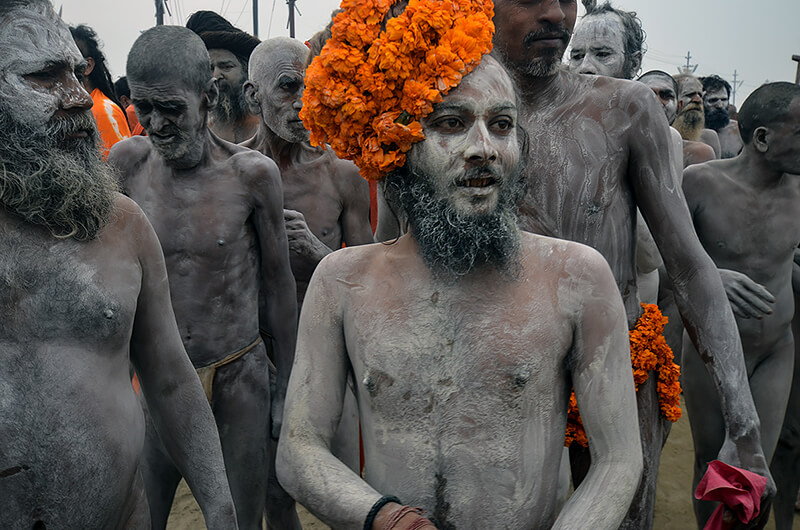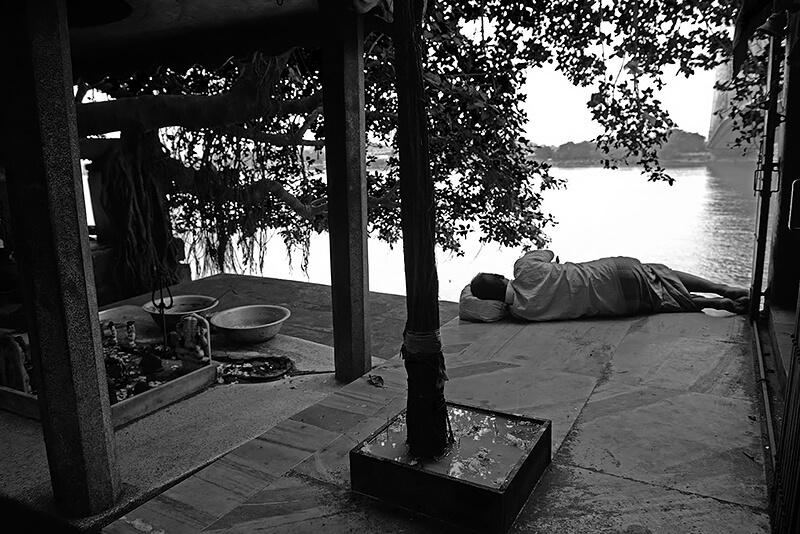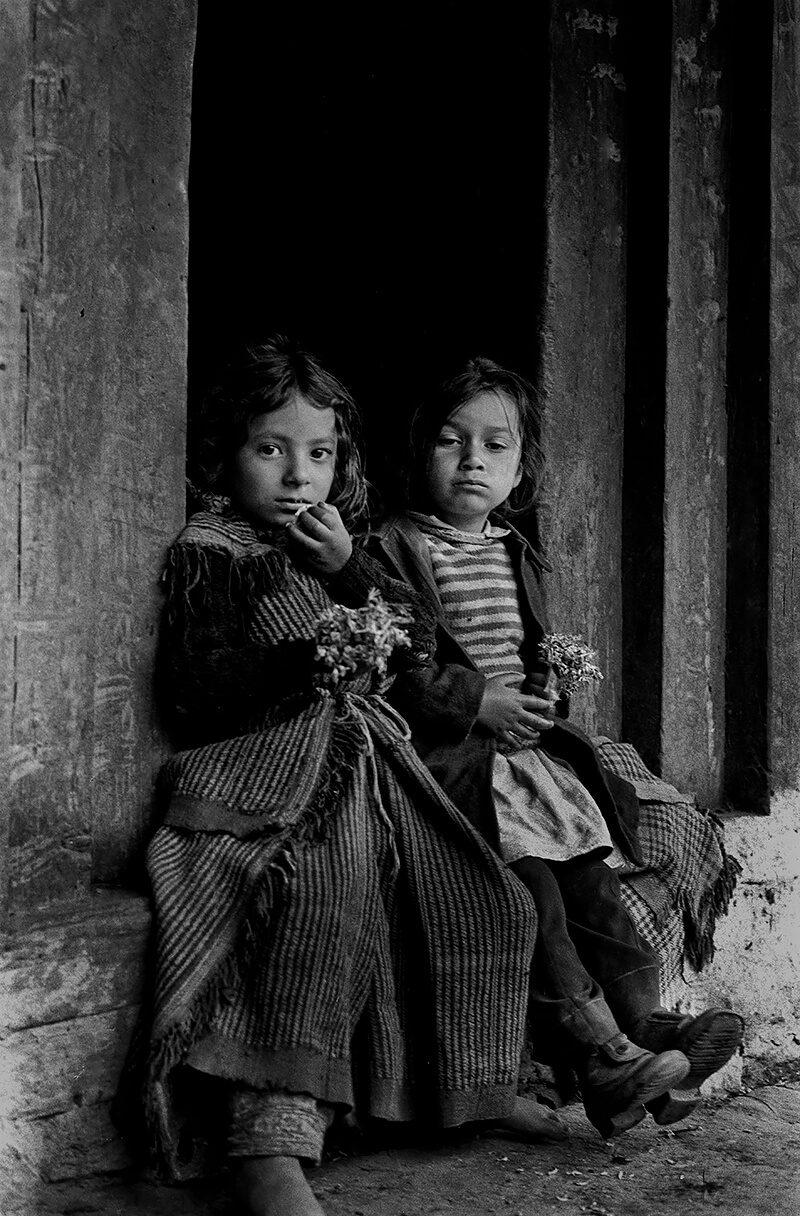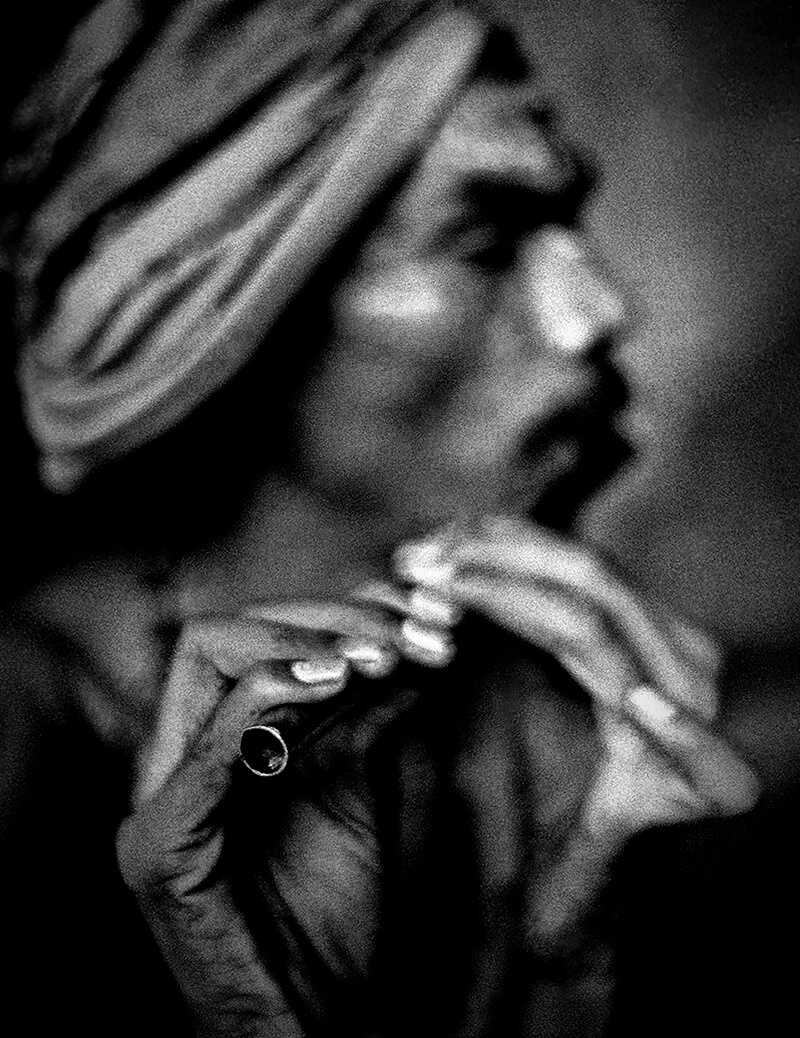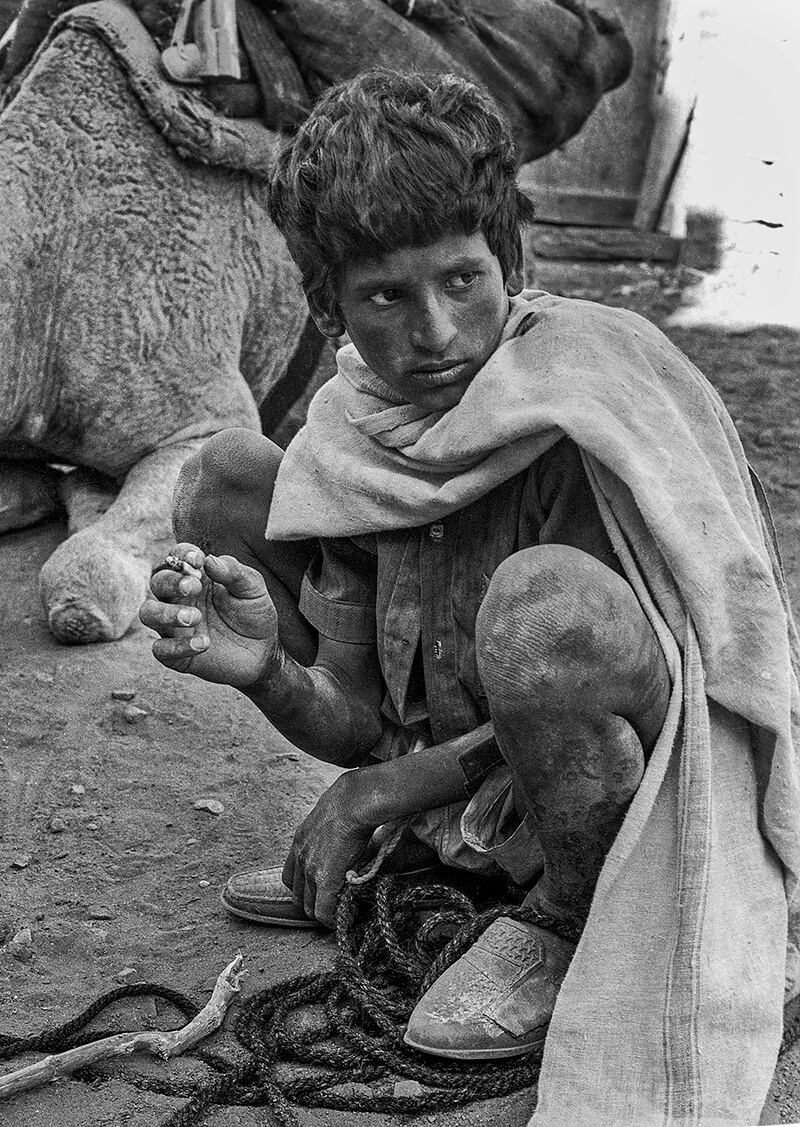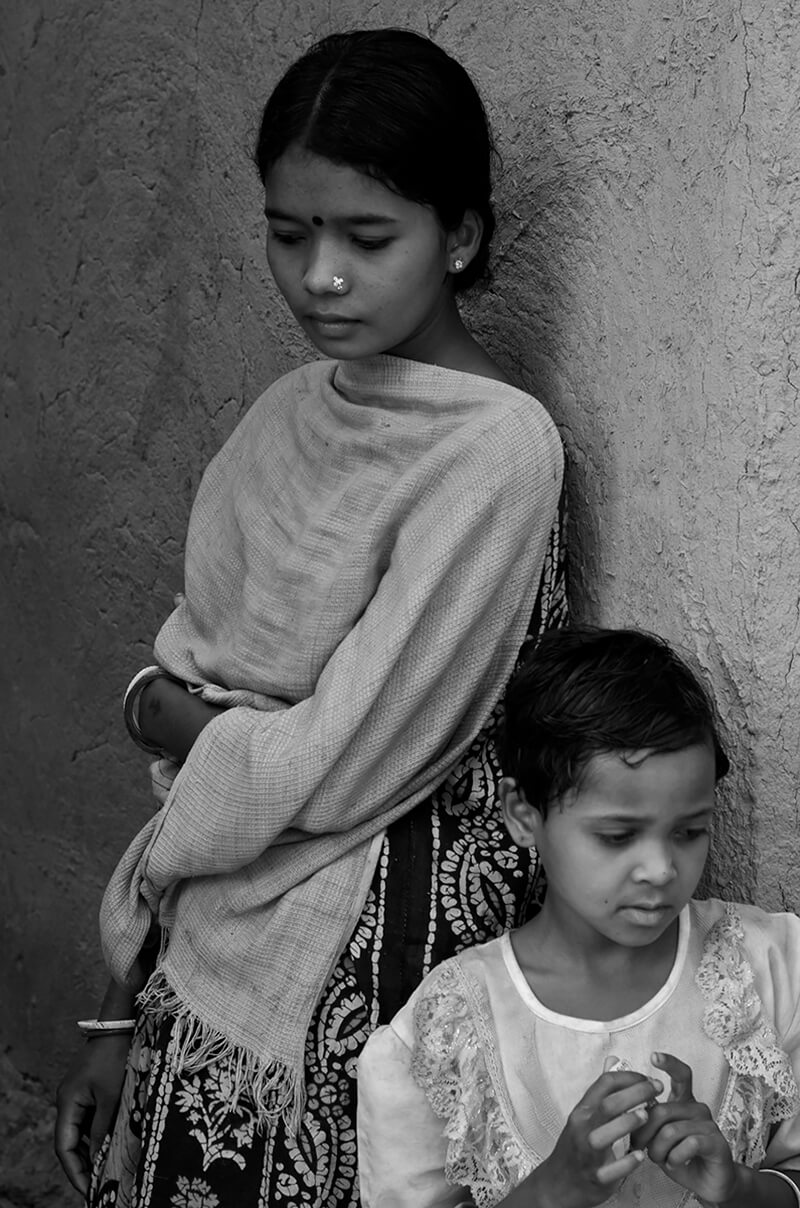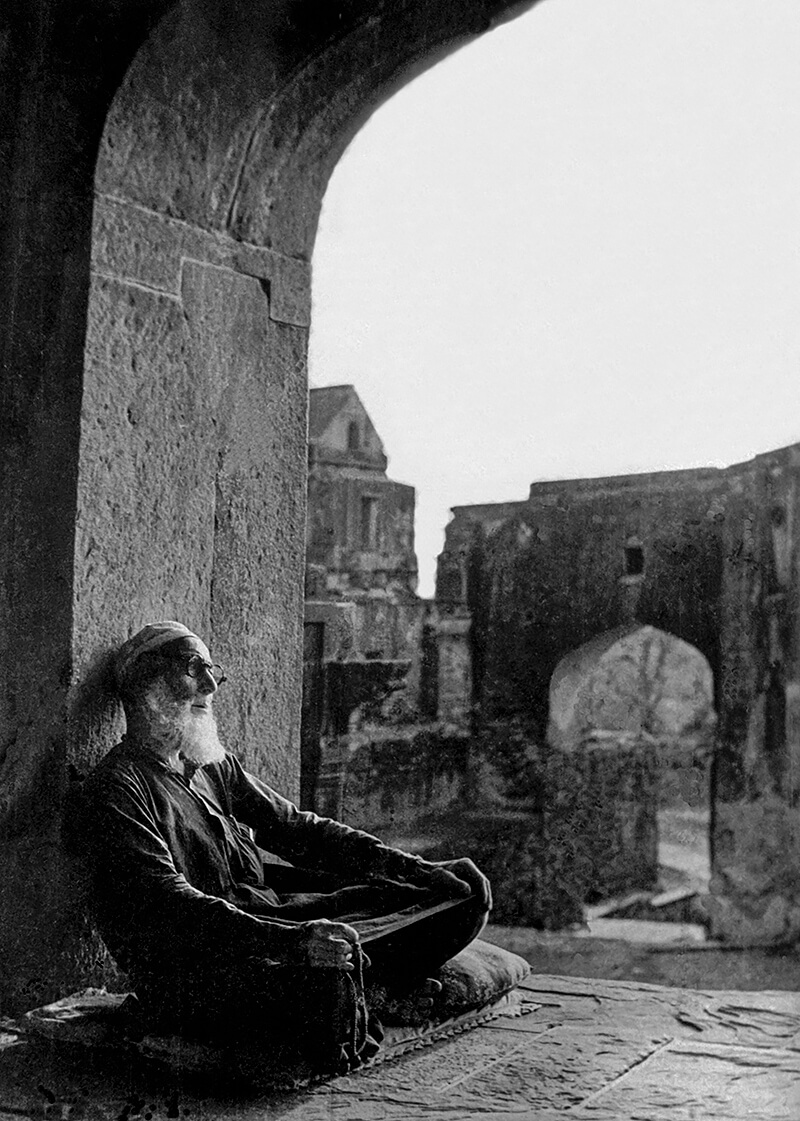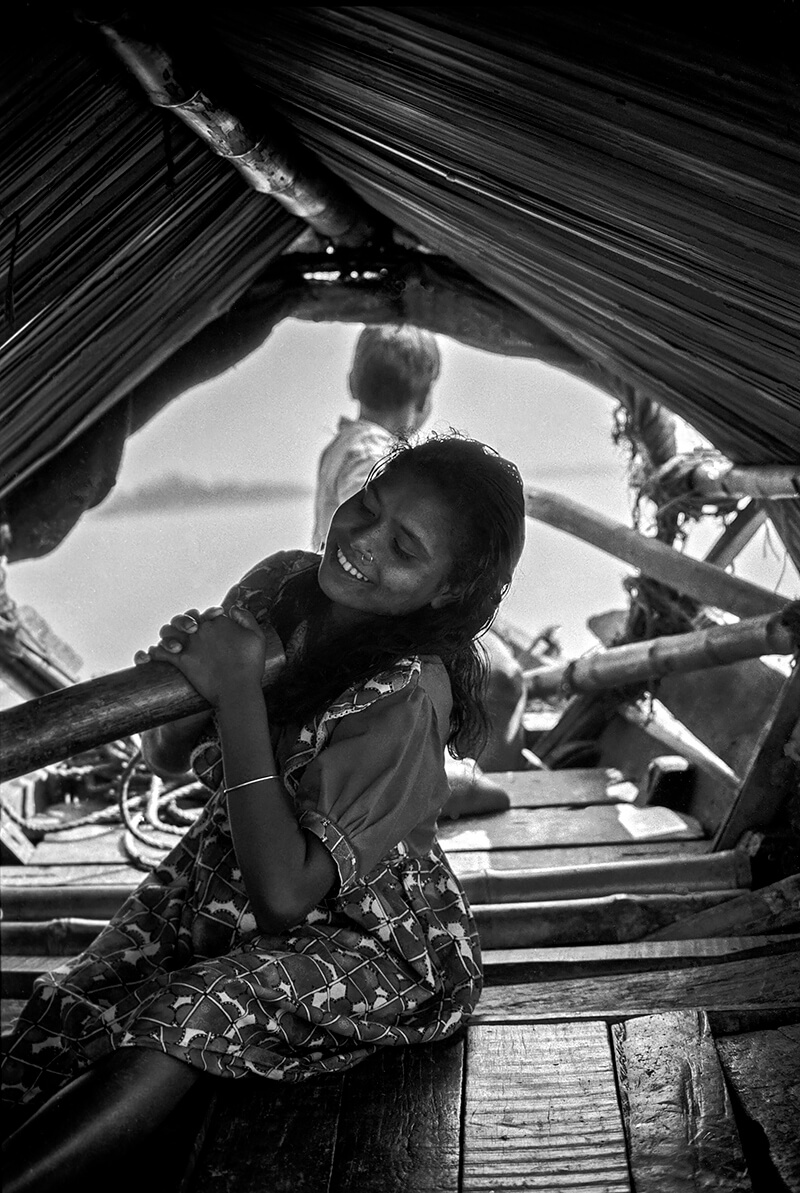Robi Chakraborty's work was noticed on several occasions by submitting his work to
All About Photo Competitions with his colorful images of India. We asked him a few questions about his life and work.
All About Photo: Tell us about your first introduction to photography. What drew you into this world?
Robi Chakraborty: Photography first crossed my mind when my father's friend used to photograph wildlife in Kenya, where we lived when I was a child. I found it fascinating and it stuck with me. Years later I was sitting in a park in New Delhi having my lunch when I realized how much I hated my job. I was working for a chartered accountant, locked up in a room day after day, buried in ledgers and journals. That evening I chanced upon an Ansel Adams Exhibition at the United States Information Centers Library Auditorium. There were these beautiful black and white prints of New Mexico, Yosemite, and other landscapes. I was blown away. Soon after, I enrolled in a diploma course taught by another Ansel Adams fan and photographer – and thus began my journey as a photographer.
Where did you study/learn photography?
Triveni Kala Sangam Diploma in Photography New Delhi, taught by O P Sharma.
Do you remember your first shot? What was it?
Yes, my first shot was a photo of a baby deer trying to stand up. I took the shot on a class trip to the Delhi Zoo.
Do you have a mentor or role model?
I have a few. My favorite photographer is Dorothea Lange and greatly admire her Depression-era photographs. Others that inspire me are Mary Ellen Mark, Yousuf Karsh, Ansel Adams, and Robert Frank to name a few. They have all created powerful imagery through their black and white pictures that I am drawn to and inspired by.
What was the best piece of advice you were given starting out?
Be yourself and see things through your own eyes.
How do you manage your time between India and the USA?
I visit India once or twice a year. I typically spend around two to three months in India and about nine to ten months in the US.
What was your biggest challenge so far?
Staying relevant and maintaining my style despite ever-changing trends in modern photography.
Do you travel alone?
I do and I love it. I do not plan where I am going so am completely flexible with my movements. I could be in some city one day and then find myself traveling somewhere else on a tractor and landing up in a distant desert village the next day. I like to go with the flow as that's the best way for me to find new experiences and subjects.
How do you prepare for your trips?
I travel light with just my camera equipment and the bare necessities. There is no preparation I need to do other than being open and flexible to opportunities for travel and meeting people. For example, I was in Gus-rat where I encountered some men who were heading to a fair in Haji Pir. They invited me along and then at the fair I met some villagers who ended up inviting me to their local village located in Kutch. They brought me there on their tractor-trailer and I stayed with them for three days. I was able to photograph them in their homes and capture their everyday life this way.
How do you manage to capture such spontaneous images of people? Do you show them your images?
I get into a zone and it's like being in on autopilot. I walk around and click fast before my subjects can react. Sometimes they see me coming towards them but I shoot anyway. I like it both ways; Candid photos and also when they see me and look straight at the camera. I show them the photos if they ask to see them, otherwise I move on.
What equipment do you use?
I started with an Olympus om2, Nikon F3 and a Mamiya RB67 film camera
Now I have a Nikon D810, 14-24, 85mm, 70-300mm lenses and a Fuji X70.
Do you spend a lot of time editing your work?
No, I do very minimal editing such as color correcting and adjusting contrast. I don't do much more than that.
Some stories and in black and white others in color, what determines your choice?
Certain combinations of colors translate better into black and white and if that works well with the composition, I will often go with the black and white variation of the image. Lately, I have been shooting in color as India is full of color and I like to keep this in the image.
What makes the difference between a good image and an iconic image?
A good image is one that has most, if not all, of the factors that make for a good composition, such as exposure, creativity, originality, etc. An iconic image takes a good image to a different level. It has the power of moving you emotionally and sticking in your mind and heart. Few can achieve that and I think my heroes in photography have done so. Dorethea Lange's famous shot of the Depression-era mother and children come to mind as well as the Portrait of Churchill by Yousuf Karsh.
Do you have a favorite photograph? (if so which one)
My favorite image by another photographer is Migrant Mother by Dorothea Lange
My favorite photo that I have taken is of two Manali girls sitting in a doorway and eating wildflowers. It is one of my earliest photographs and the moment I was able to capture moved me.
What advice would you give someone who would like to become a photographer like you today?
I would say to follow your own heart and find your own images.
What mistake should a young photographer avoid?
Trying to copy someone else or going with what is in vogue at any given time.
Your best memory as a photographer?
My best memory was when I went on my first hike in the Himalayas and befriended a few villagers who invited me and my girlfriend at that time to stay with them. We ended up staying for a week with them and I got my favorite black and white picture. We were young and the world was new and exciting.
Why do you think it is important for a photographer to submit his/her work to photo contests?
I love photo contests because through them I get to see what the judges respond to and what they think about my work. It is good exposure and I can share my photography with more people.
What else would you like to do if you had more time?
I would love to travel through Africa; one country after the other.
What are your upcoming projects?
I am working on a couple of books that I want to publish about my experiences and photos of India called India: a Love Affair
Anything else you would like to share?
Photography for me is an excuse to travel and an opportunity to experience all of the beautiful people I've encountered in the world. I love rural folks and if not for a camera, I would have never known who and how wonderful they are.
